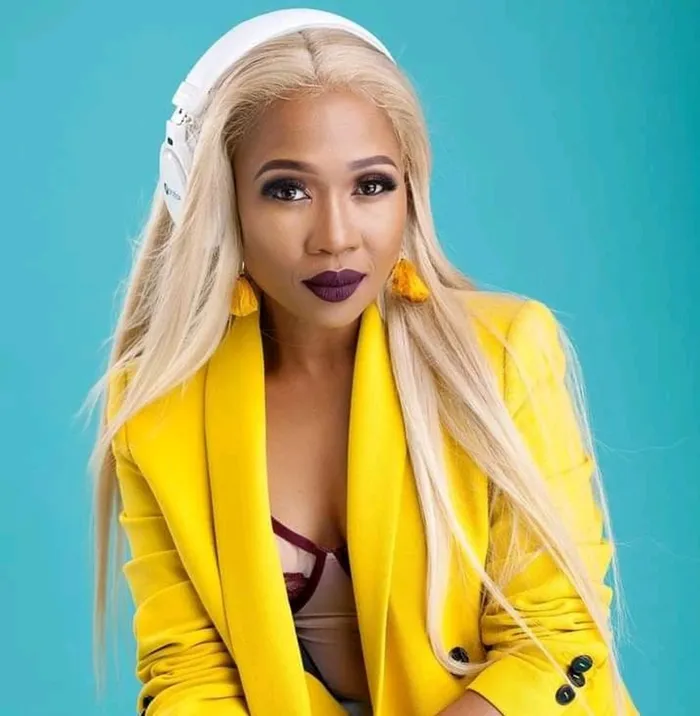Mzansi celebs break their silence on mental health

Dineo Ranaka, a South African radio and television personality, has been open about her struggles with mental health. Picture: X
In a nation where discussions surrounding mental health are frequently cloaked in silence, a growing number of South African celebrities are courageously stepping into the spotlight to share their struggles.
This initiative serves as a beacon of hope during Mental Health Awareness Month, recognising that mental wellness knows no celebrity status nor socio-economic boundaries.
One poignant voice in this conversation is that of Connie Ferguson, who has shared her heartbreaking journey of grief following the passing of her husband, Shona Ferguson.
In a heartfelt Instagram post, she acknowledged: “Grief is not something you 'get over'. It's something you learn to live with.”
Connie's candid account of her emotional turmoil has resonated deeply with fans and followers, demonstrating the vital importance of therapy and surrounding oneself with supportive communities.
By normalising grief as an intrinsic aspect of mental health, she hopes to encourage others to embrace their own healing journeys.

Rapper Nasty C has also shone a light on mental health issues, especially his struggles with anxiety.
In an interview with Apple Music 1, he said: “I’m a human being like everybody else. Sometimes I feel like I’ve got the weight of the world on my shoulders.”
Balancing the pressures of the music industry with expectations can be overwhelming, but Nasty C transforms these experiences into relatable music that strikes a chord with young South Africans facing similar pressures.
Another influential figure, actress Shoki Mmola, has demystified the long-lasting mental health effects of gender-based violence (GBV).
In her role as a leading actress on “Skeem Saam”, Mmola bravely shared her GBV experiences, emphasising the necessity for therapy to mend the trauma.
"I had to do it for myself and my children," she told “City Press”, showcasing her commitment to healing and furthering the dialogue on GBV in South Africa.
Meanwhile, TV personality, Bonang Matheba, one of the country's best-known personalities, opened up about the immense pressure that accompanies public life.
In an interview with “Drum magazine”, she stated, "People think we have it all together, but we all go through tough times. Sometimes the pressure is too much, and it gets overwhelming."
Her honesty serves as a reminder that anyone can encounter mental health struggles, irrespective of their fame or success.

Dineo Ranaka, a South African radio and television personality, has been open about her struggles with mental health, specifically depression and anxiety.
In several interviews and social media posts, she has shared her experiences, highlighting the importance of acknowledging these challenges and seeking help.
"We need to talk about mental health more often. It's important that we don't shy away from these conversations because many people are suffering in silence,“ she expressed during her segment on Metro FM.
Tragically, the late Riky Rick's battle with depression, before his untimely passing in February 2022, highlighted the urgency of addressing mental health issues, particularly among men.
In an intimate interview with “Podcast and Chill” with MacG, Rick confessed: “I've been dealing with depression for a long time," demonstrating the need for society to take mental health seriously.
His passing served as a wake-up call, sparking imperative conversations around mental health support and raising awareness about the silent struggles many endure.
These heartfelt accounts from South African celebrities illustrate a crucial narrative: mental illness does not discriminate. As we honour Mental Health Awareness Month, let us take inspiration from these individuals.
Their stories encourage us to engage in more open conversations about mental health, check in on ourselves and our loved ones, and advocate for the importance of seeking help as a sign of strength, not weakness.